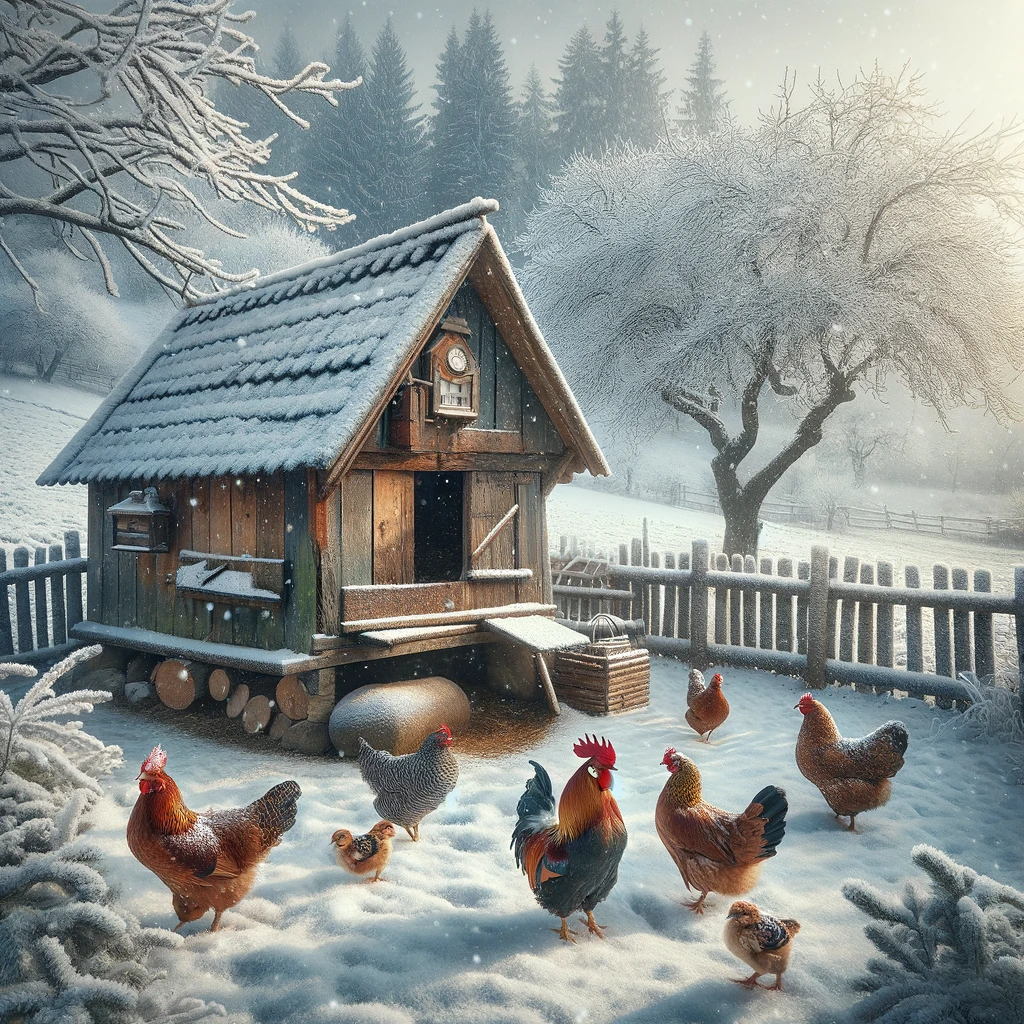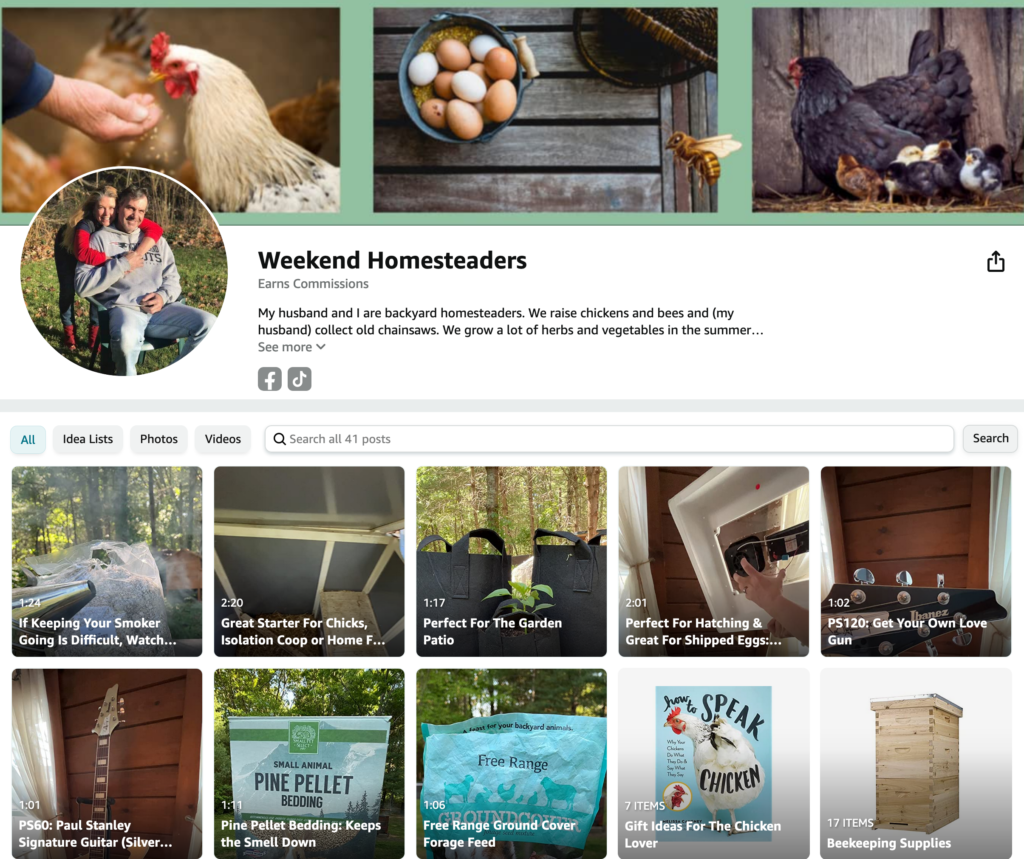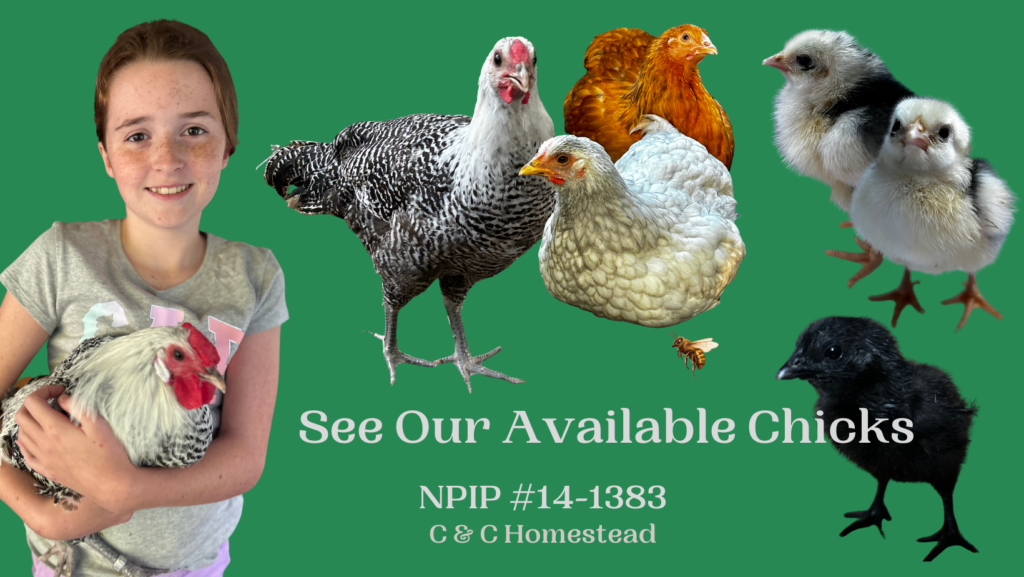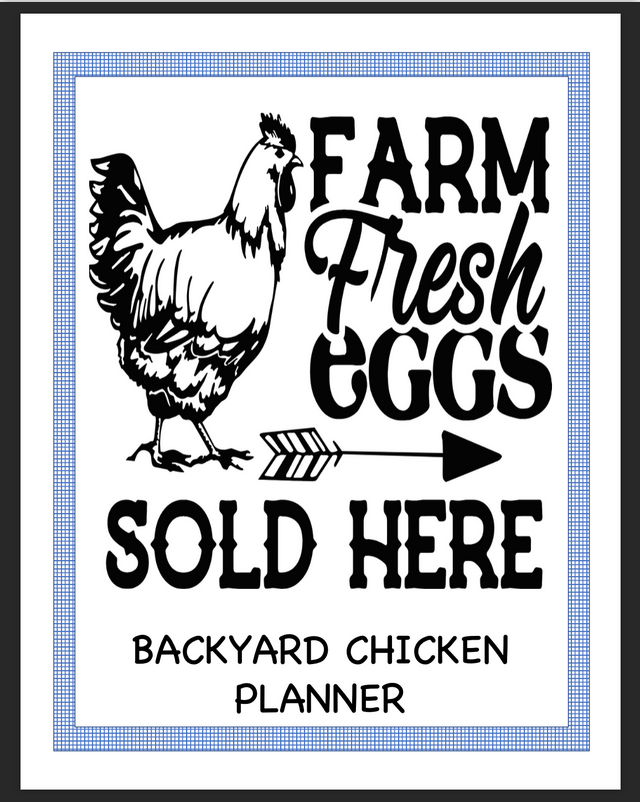Balancing Corporate & Homesteading Lifestyles
Coop Winter Weatherproofing Tips

Weatherproofing your chicken coop is crucial for several reasons.
Firstly, it ensures the health and comfort of your chickens. Exposure to extreme temperatures, be it scorching summer heat or freezing winter cold, can lead to stress, reduced egg production, and even health issues like frostbite or heatstroke. Additionally, weatherproofing keeps out moisture, which is vital as damp conditions can lead to mold growth and respiratory problems in chickens. It also protects against pests and predators that can exploit vulnerabilities in a coop’s structure. Finally, weatherproofing extends the life of your coop, safeguarding your investment and ensuring a safe, comfortable home for your chickens for years to come. In essence, a well-maintained and weatherproofed coop is fundamental to responsible and efficient chicken keeping at C&C Homestead.
- Weatherproof the Coop:
- Goal: Keep the coop warm without making it airtight, as ventilation is crucial.
- How-To: Add extra layers of straw or wood shavings on the floor for insulation.
- Bonus Tip: Avoid using heaters as they pose a fire risk; instead, rely on the chickens' natural ability to keep warm by huddling together.
- Prevent Water from Freezing:
- Goal: Ensure a constant supply of liquid water.
- How-To: Use a heated water dish or a water heater base under your regular water container. Alternatively, change the water multiple times a day to keep it from freezing.
- Reminder: Check the water frequently as chickens need more water in the winter to maintain body heat.
- Boost Their Diet:
- Goal: Provide extra calories and nutrition to help them stay warm.
- How-To: Add grains like corn or wheat to their diet in the evenings. These grains take longer to digest, producing more body heat overnight.
- Caution: Balance is key; don't overdo it with grains as they can lead to obesity.
- Provide Winter Entertainment:
- Goal: Keep chickens active and prevent boredom, which can lead to pecking and other issues.
- Ideas: Hang a cabbage or other treat just out of reach so they have to jump for it, or add a dust bath area inside the coop.
- Why: Mental stimulation is as important as physical health, especially when they're spending more time inside.
- Check for Frostbite:
- Goal: Prevent and treat frostbite, especially on combs and wattles.
- How-To: Apply a thin layer of petroleum jelly on combs and wattles to provide some protection. Regularly check for signs of frostbite, which include pale, discolored, or blackened areas.
- Action: If you suspect frostbite, bring the chicken to a warmer area and consult a veterinarian for treatment advice.
Remember, each flock and environment is unique, so adjust these tips as needed for your specific situation. Keeping a watchful eye and taking proactive steps can make a world of difference in ensuring your chickens' well-being during the winter months.



